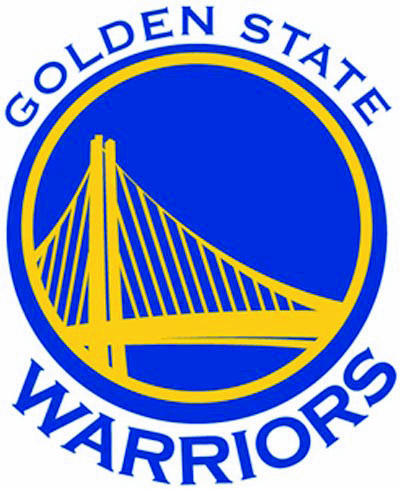OAKLAND, Calif. — San Francisco has stepped up its campaign to lure the Golden State Warriors, potentially complicating Oakland’s effort to turn the Coliseum area into a sports and entertainment megaplex with new facilities for its three professional teams.
In a Friday meeting with team owner Joe Lacob, San Francisco Mayor Ed Lee presented a letter signed by city supervisors, business leaders and state representatives, pitching the San Francisco waterfront as a “spectacular opportunity for a state-of-the-art sports and entertainment facility.”
The Warriors, who moved from San Francisco to Oakland in 1971, had previously considered a proposed arena site near AT&T Park, but now are reported to be interested in financing an arena on piers adjacent to the Bay Bridge. A return to San Francisco would place the team closer to major Bay Area corporations that could afford high-priced luxury suites.
Warriors spokesman Raymond Ridder said Monday the team appreciates San Francisco’s enthusiasm for the Warriors building a multipurpose arena, but that it is continuing its “due diligence in exploring all potential sites in the Bay Area.”
Since purchasing the team two years ago, Lacob and his partners have been up front about their desire for a more modern facility to replace Oakland’s Oracle Arena, where the team has averaged near-sellout crowds.
Oakland officials, who have met recently with Warriors brass, reiterated their belief that the team would be better served building a new arena adjacent to its current home, which has prime freeway and BART access.
“We’re committed to keeping them in the city of Oakland, and we want them to be committed to staying here,” said Councilman Larry Reid, whose district includes the arena and adjacent O.co Coliseum.
Oakland Mayor Jean Quan also released a statement Monday emphasizing the city’s plans to fight for the Warriors.
Oakland recently launched a $3.5 million study on a plan to transform the Coliseum complex into a sports and entertainment center with restaurants, hotels, shops and new, privately financed facilities for the A’s, Raiders and Warriors.
However, the Coliseum City proposal, which would be the nation’s largest privately financed sports complex, has not yet won public support from Oakland’s three teams or private investors.
Losing the Warriors would make the already ambitious project “a little harder,” Reid said, because the team is the arena’s primary tenant and a key driver in bringing people into the area.
The Warriors’ present home was renovated at taxpayers’ expense in the mid-1990s to include more revenue-generating luxury suites and club seating. However, over the past 15 years, new arenas have been built with new amenities and designs that further enable teams to maximize revenues, Assistant City Administrator Fred Blackwell said. The Warriors’ lease stipulates that the team would have to pay much of the outstanding bond debt — currently estimated at $95 million — if the team vacates the arena before 2027 and arena revenues prove insufficient to pay off the debt.










